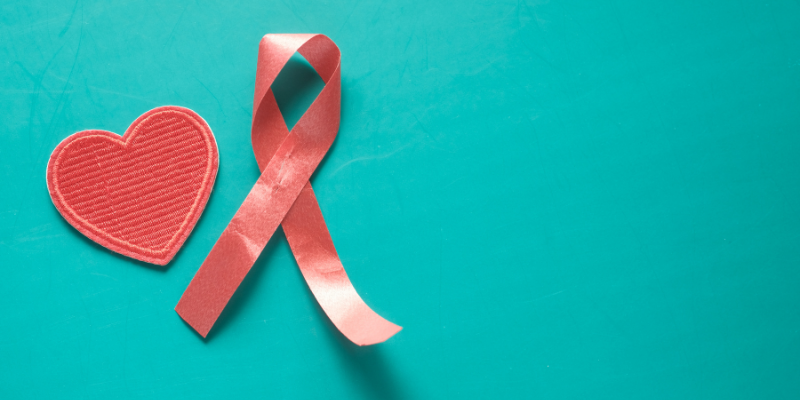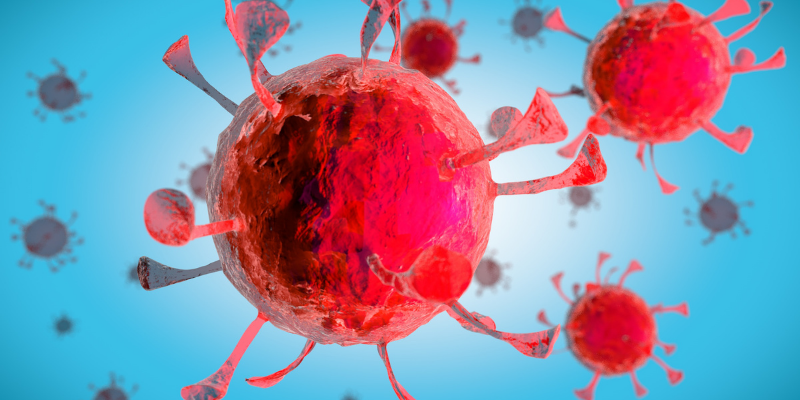
AIDS (Acquired Immunodeficiency Syndrome) was first recognised internationally when cases emerged in a white, cisgendered male community in a resource-rich setting. Still today inequities exist in HIV diagnoses and access to prevention and care. In England, pre-exposure prophylaxis (PrEP) for HIV was not available on the NHS until 2020. Men with agency, digital literacy, and resources access prevention methods earlier, either by advocating for access or by paying. Therefore, in mainly metropolitan men who have sex with men (MSM), HIV transmission rates have plummeted, and both England and London have been global leaders in achieving (and exceeding) to the UNAIDS target of 90:90:90. HIV, diagnosed at a timely stage, has not been life-threatening for some time. This to be applauded, but as the UK government seeks to eradicate HIV transmission by 2030, we must examine why these benefits are not levelled up for all populations.
In the UK, we continue to see people admitted to hospital with AIDS-defining illnesses, a consequence of missed diagnoses of HIV infection. Often these are heterosexuals, not perceived to be at risk and never offered testing nor having seen prevention messages as being relevant to them. Other groups are also disproportionately affected, for example, transgender people are around 13 times more likely to be living with HIV than other adults. Stigma, bias, and lack of knowledge are key barriers contributing to inequity among different populations with regard to accessing testing and HIV prevention. An equitable approach to care must recognise this - and adapt.
Whilst HIV prevention is important, a sole focus on it may, counterintuitively, worsen stigma overall. We know that some gay men aspire to physical perfection, and HIV prevention may feed into a mentality that it is another imperfection to be avoided - recall the old language of those without HIV referring to themselves as ‘clean’. Even within healthcare settings there may be a feeling that HIV is the ‘ultimate bad’ and something that must be beaten, in an approach that is not taken to herpes simplex, syphilis, or gonorrhoea for example.
PrEP and its advertising are sexy - this is great, sex positivity is so often lost in our sexual health strategies, where a focus on illness often fails to address sexual wellbeing and sexual enjoyment. The idea that gay men can now live their (sexual) lives without fear of what was originally a life-threatening illness is to be welcomed. Some clinical services, though, have directed themselves to the eradication of HIV transmission and whilst for most this is to be celebrated, we must be mindful of consequential ‘othering’ of those already living with the virus, or those who make informed choices that may put them at risk, or for whom HIV is not feared. Othering can occur horizontally within peer groups, and vertically across ages.

We continue to have a significant proportion of our patients who do not want their status shared with other care providers, including their GP. This is particularly topical given the current move towards further data sharing and integrated NHS records. Greater sharing should be about holistic, patient-centred care, and preventing harm, including harm from potentially serious drug-drug interactions. Whilst patient records may be confidential, people have a real fear of stigma, rejection, and isolation if their status were to be accidentally disclosed. Real harm is a major concern; of losing lovers, friends, employment, or reputation.
This ‘war on HIV’ may also negate some of the life changes made because of HIV infection. For many patients, the visibility of HIV prevention does not represent their lived experience or lifelong journey. Living with HIV can, for some, be tremendously empowering. Many conversations were started by the recent series It’s a Sin. Reflecting on the past may involve addressing issues of loss, bereavement, pain, and trauma, but beauty and an opening of discussion were also present. HIV accelerated issues of tolerance regarding sexuality; black Christians and gay men were fighting the same cause. There was unity, and an advancement of holistic healthcare. Those who had not listened before were made to. Services were innovated and adapted. The AIDS epidemic has, ultimately, taken so much away from so many, but has also contributed to medicine in terms of better understanding sexuality, gender, viruses, and comorbidities. In our attempts to ‘eradicate’ HIV we have seen a predicament with our use of language; for instance, in HIV cure research methodology where the HIV community fought back on aggressive language used – ‘kick and kill’ as a concept did not align with fought for an earned concepts of holistic and person- centred care.
We also know that AIDS removed a generation of LGTBQ+ elders, connections to the past were lost, and it is imperative we see and hear more from those who survived. In addition to prevention messages, we must hear stories of those in rural or isolated locations without the support networks and resources afforded by communities in more densely populated areas.
So, what about those for whom a HIV diagnosis has been transformative? People speak of it being a trigger that led to finding love, their passion, creativity, and a community, highlighting the positive outcomes from a diagnosis. People may make life-changing choices, reviewing their approach to drugs, alcohol, or relationships, and improving their life expectancy with changes that their peers who are not living with HIV may not be prompted to make. In ending the HIV epidemic, how do we ensure that the structural issues of racism, homophobia, sex shaming, transphobia, misogyny, and drugs, that lead to HIV risk are fully addressed so that thriving can happen without a HIV diagnosis? What do we need to put in place to allow healthy growth and development, personally and in our communities, and how do we form a more holistic continuum where the ‘eradication’ of HIV does not erase the experiences of those with HIV infection? How do we ensure those who do not walk a prescribed path of taking PrEP, or being wholly adherent to their medication in order to fulfil the undetectable = untransmissable (U=U) criteria, or who choose to use alternative protection methods, are also not stigmatised? We already see normative acceptance of ‘good gays’ who fulfil historical criteria that ‘allow’ them to be accepted into society, but what about those who are countercultural? In addition, how do we continue to support those who cannot and do not have access to PrEP but should, or who feel ostracised and lost within mainstream HIV care? These are all issues which need to be considered.
Our duty of care, as doctors, pharmacists, and healthcare professionals, is to remove the stigma that prevents equitable access to care. This includes offering HIV testing, giving advice about PrEP, being open access, non-judgmental, and offering positive encouragement to those who are different from ourselves. The pharmacology, pharmacy and drug discovery community have a crucial role to play in developing longer acting and better tolerated HIV medicines for both treatment and prevention. Together, researchers, educators, campaigners and healthcare professionals can play a key role in supporting people to make the right individual choices. By broadening our perspectives, sharing information, encouraging people, and challenging misinformation, we can all help to make ending HIV transmission a reality.
Further reading:
https://www.aidsmap.com
https://www.tht.org.uk
https://www.nhs.uk/conditions/hiv-and-aids/
More from Unmet health needs & health inequalities
Comments
If you are a British Pharmacological Society member, please
sign in to post comments.